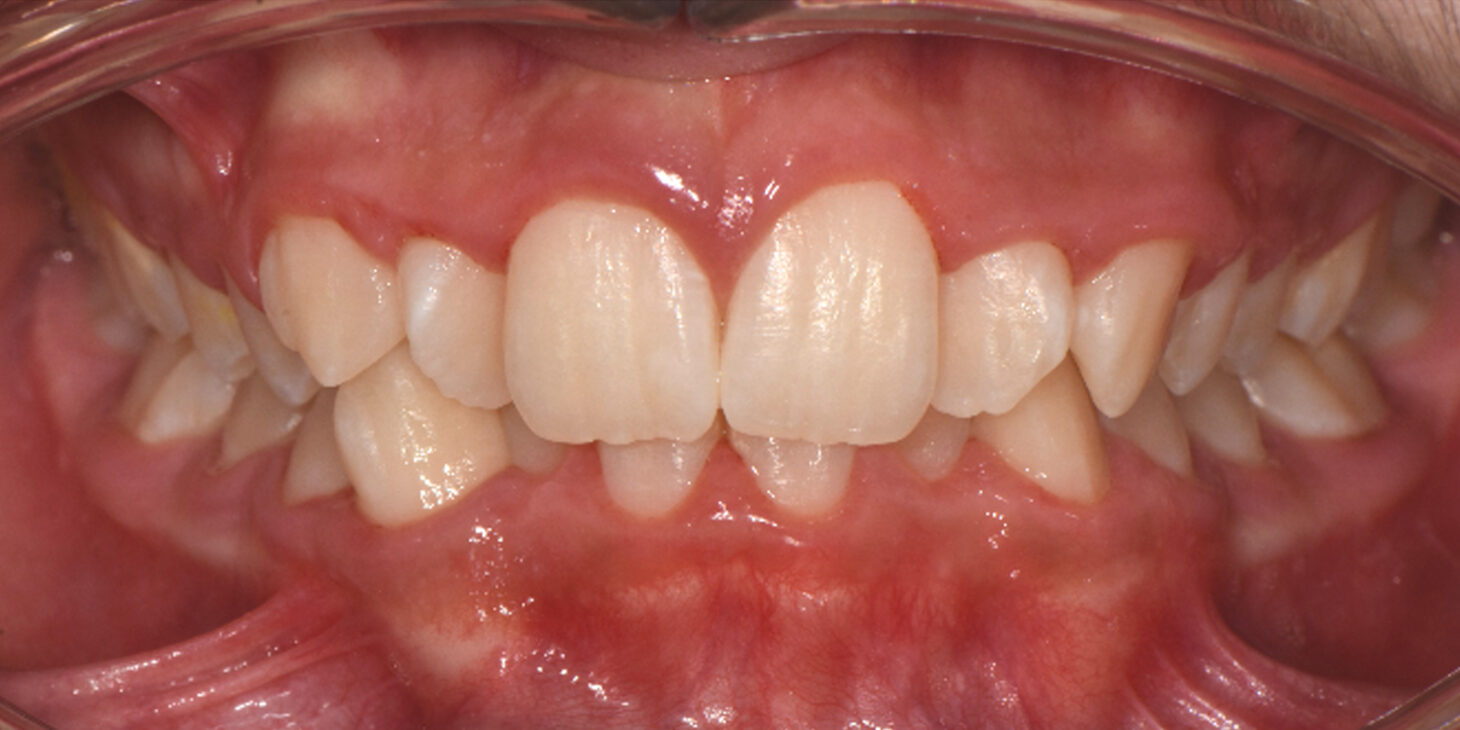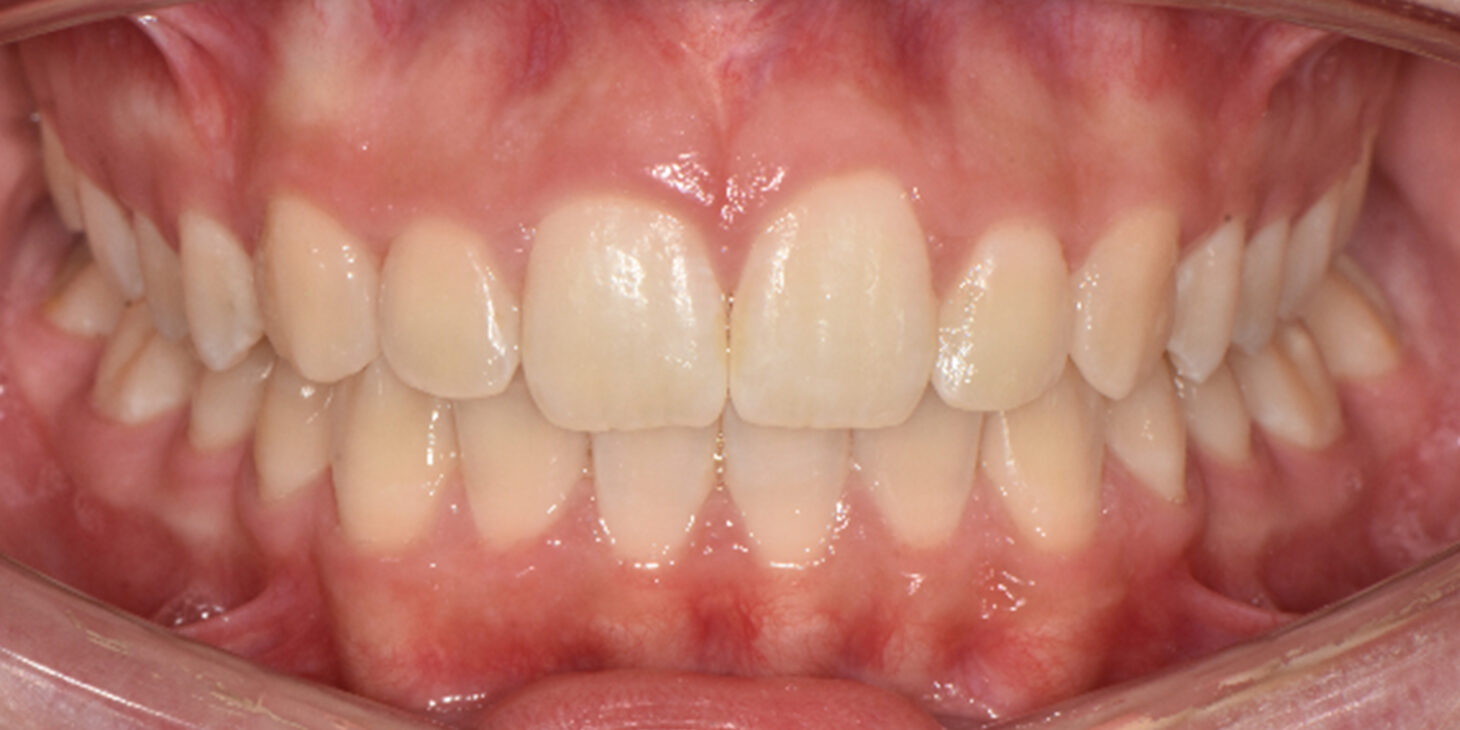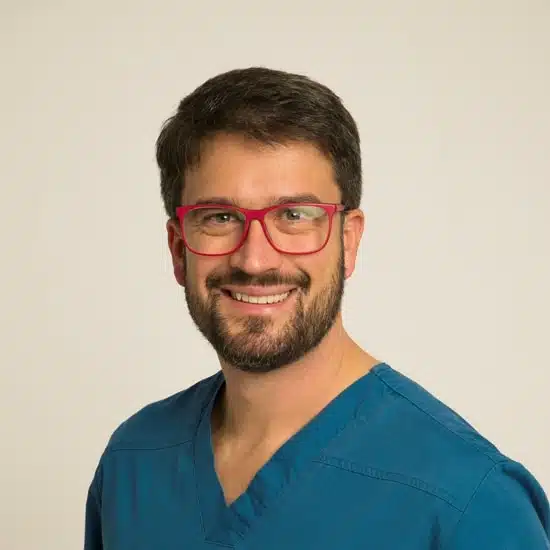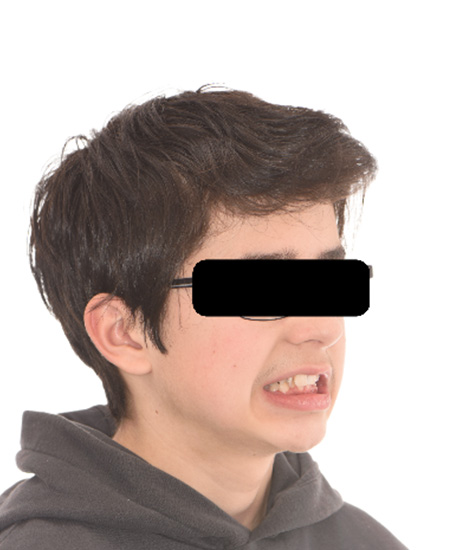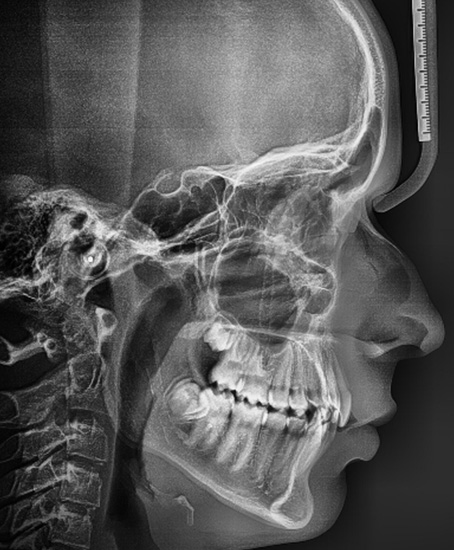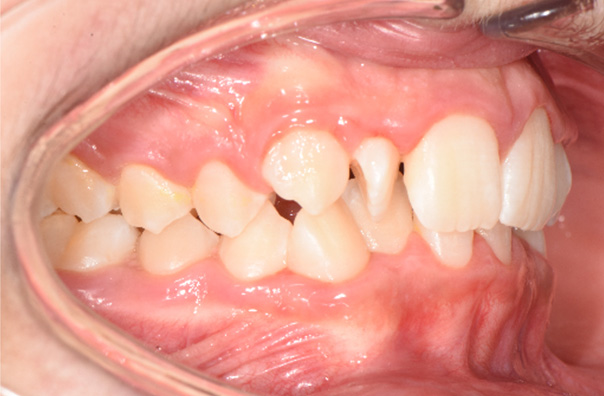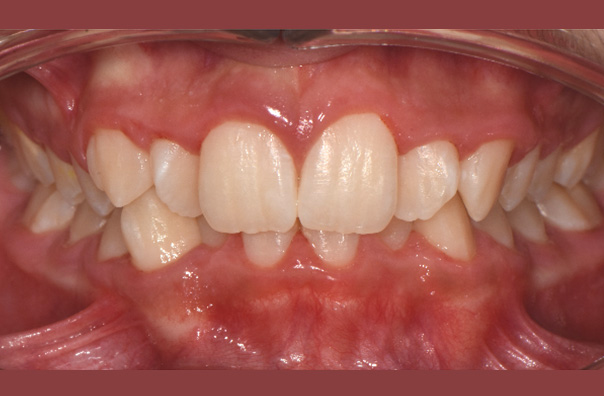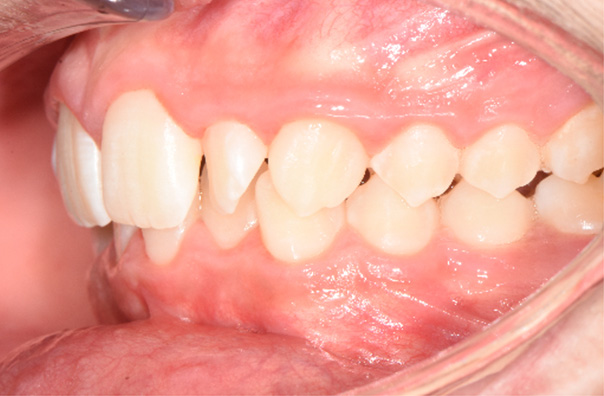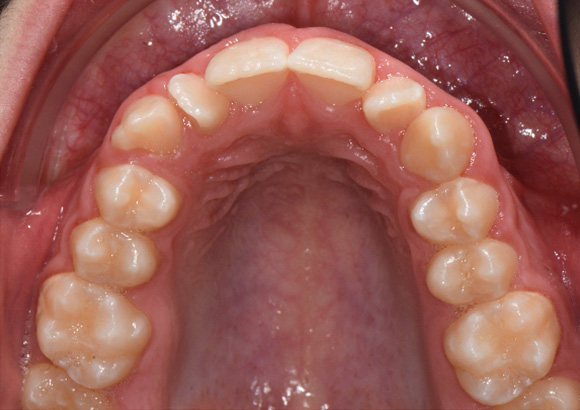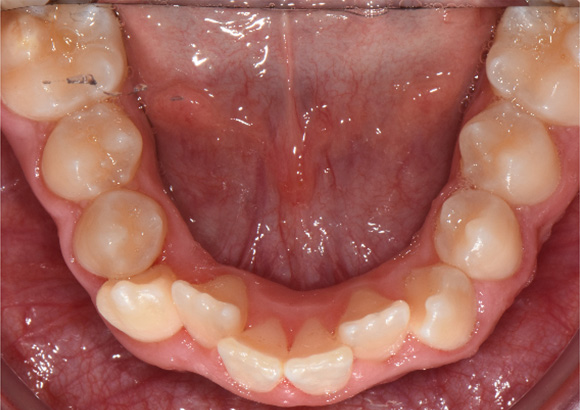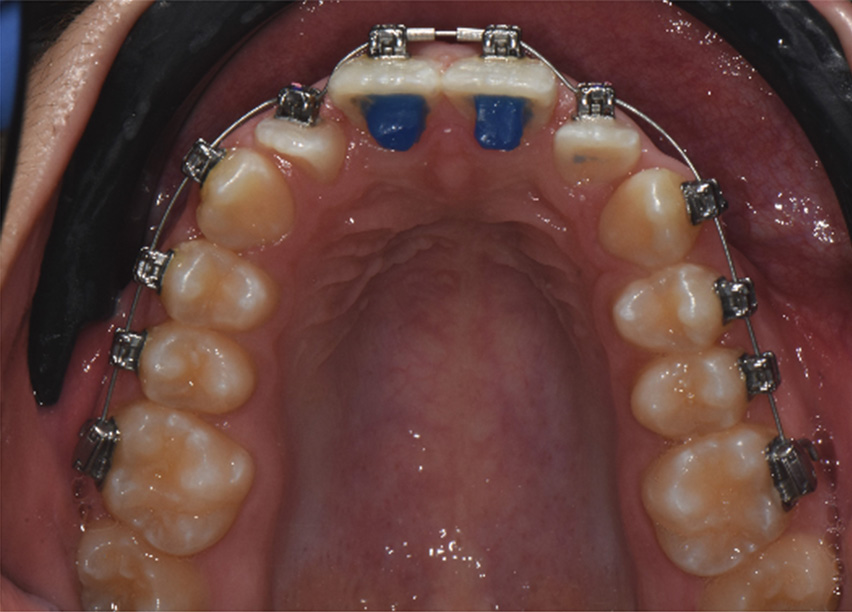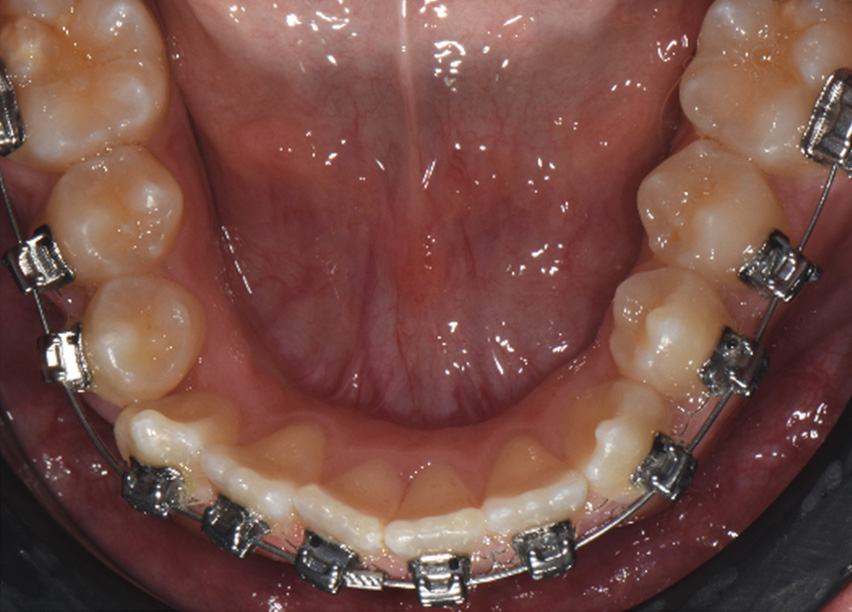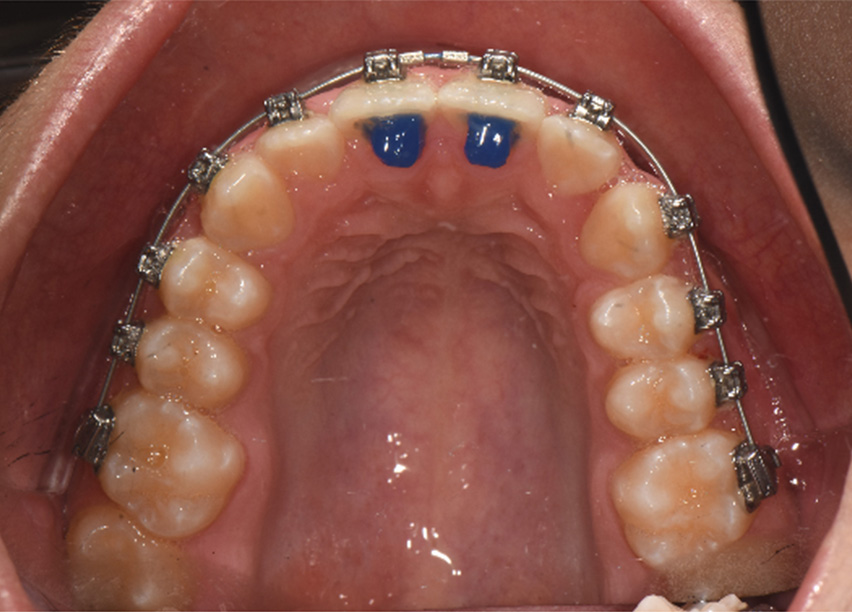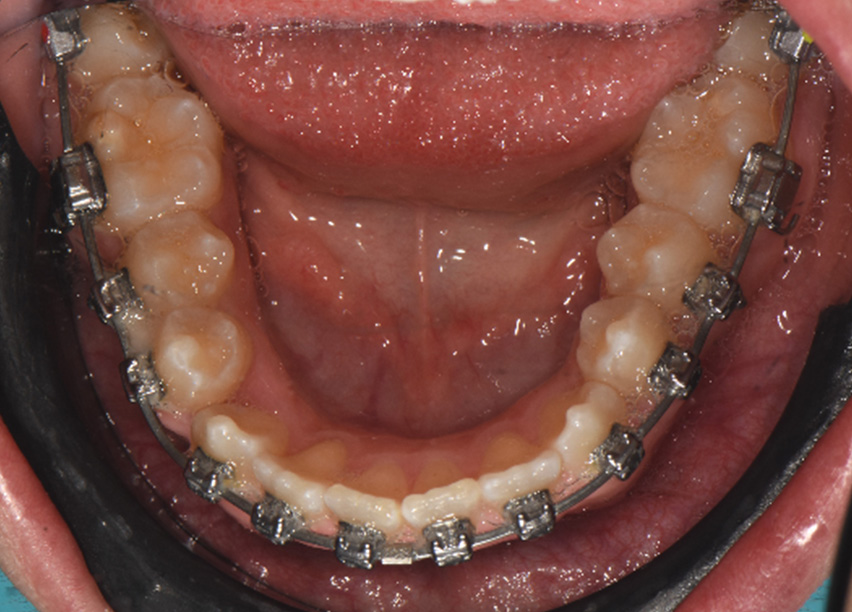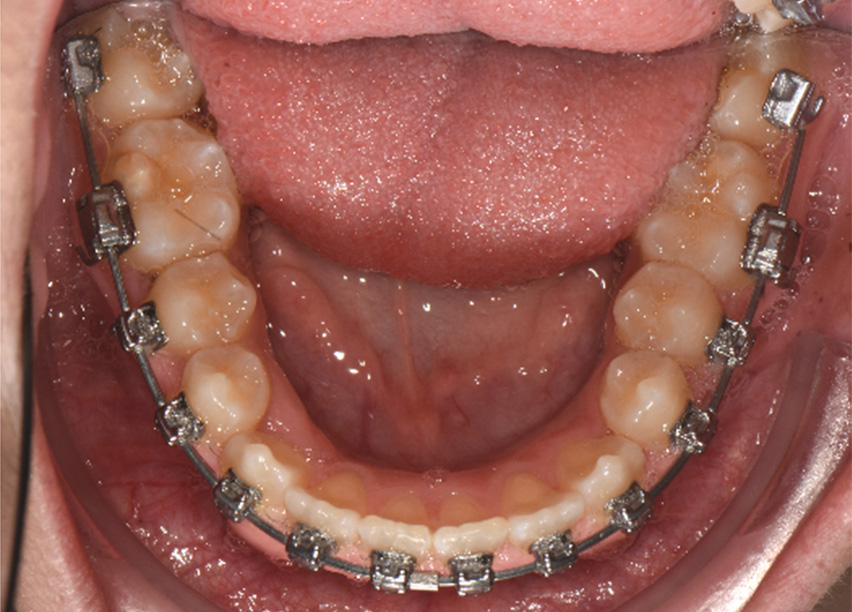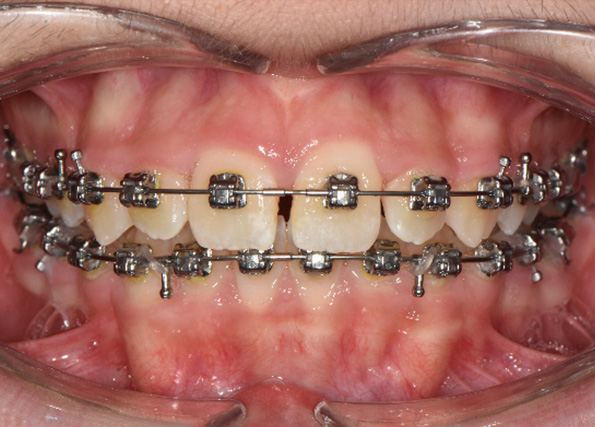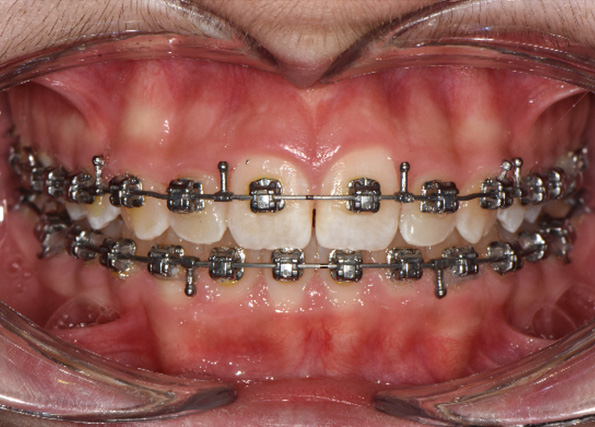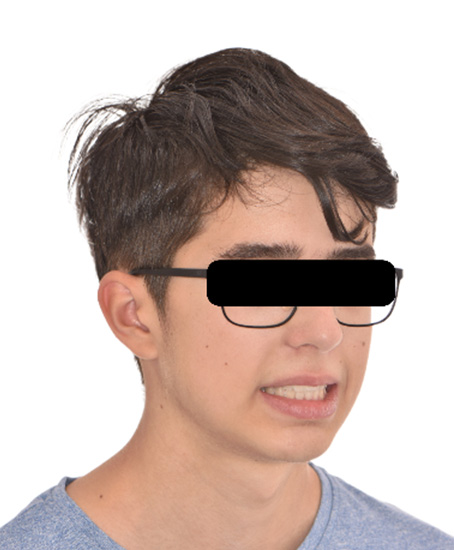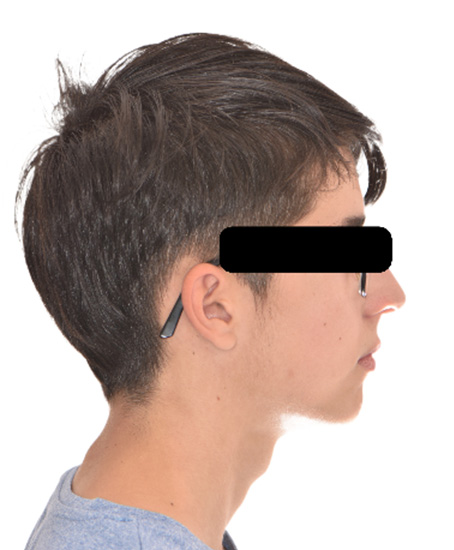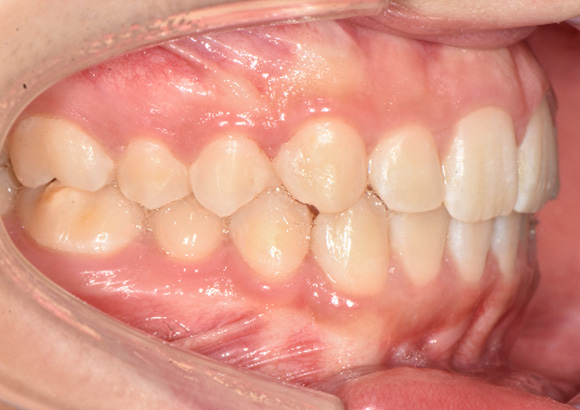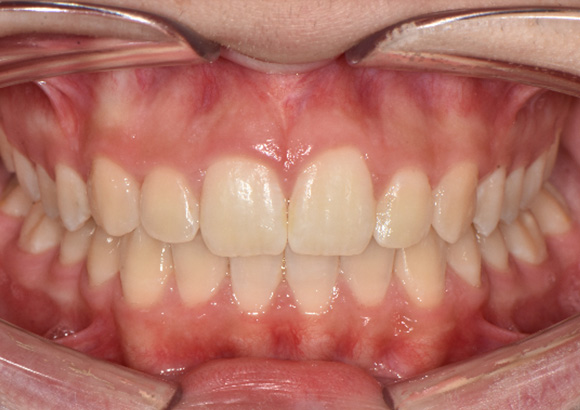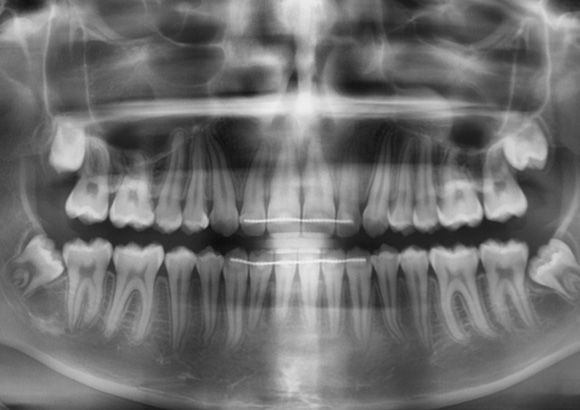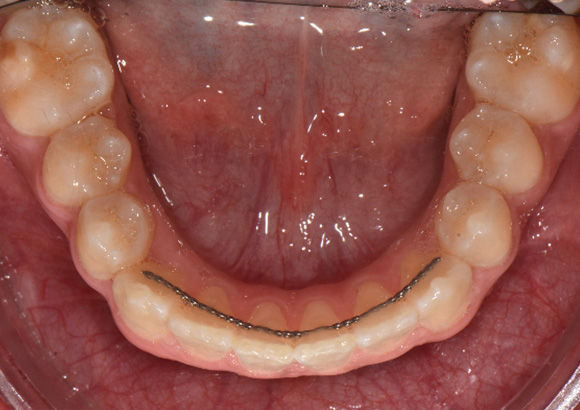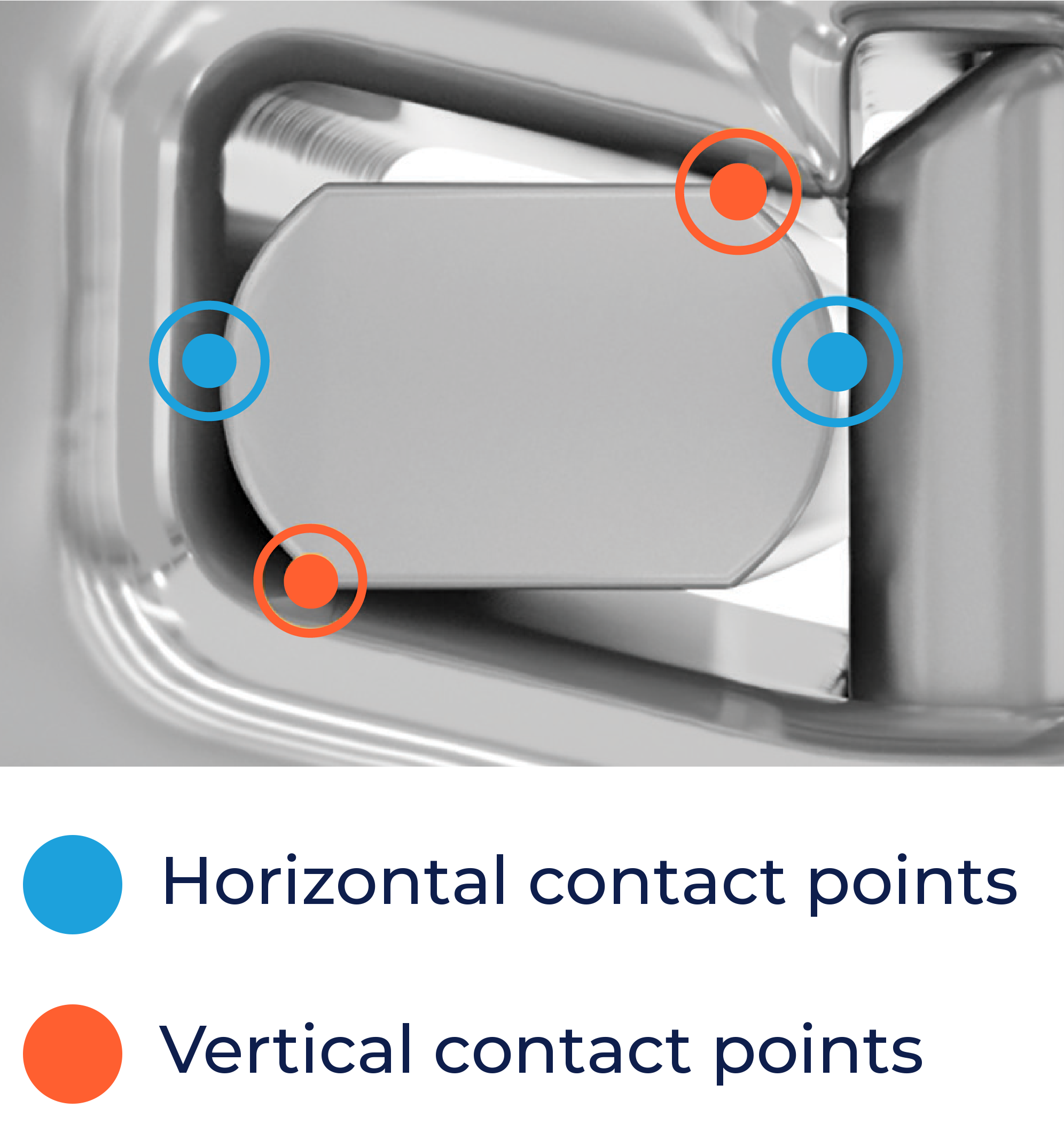CASE REPORT
Spark™
Clear Aligner System designed for the needs of orthodontists

Spark™ Junior
Clear aligner treatment tailored for kid and teen patients

Spark™ Retainers
Designed to keep great smiles

EtchFree™ bonding
Bond smarter, protect better

Damon Ultima™
The first true full expression system

Ormco™ Digital Bonding
Digitally powered clinical excellence

Symetri™
Advanced clear bracket with refined strength and aesthetics

Dexis™ IOS
Intraoral Scanners

Brackets
Quality and value in each bracket we develop.

Damon System
For all the ways you want to treat

Archwires
High-quality archwires to deliver consistent, predictable results

BANDS & CROWNS
The latest in anatomy

BUCCAL TUBES
Tubes and bands for exceptional adhesion

ADHESIVES & COMPOSITES
Maximum bond strength and convenience

INTRA/EXTRA ORAL DEVICES
Design that is smart, simple and efficient

HORIZON PRODUCTS
Discover all our lines of auxiliary products

RETENTION
Discover the latest in retainer technology to offer the best fit and maximum comfort.

ALL PRODUCTS
Explore all products







